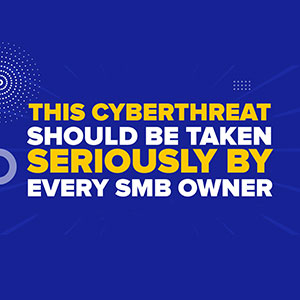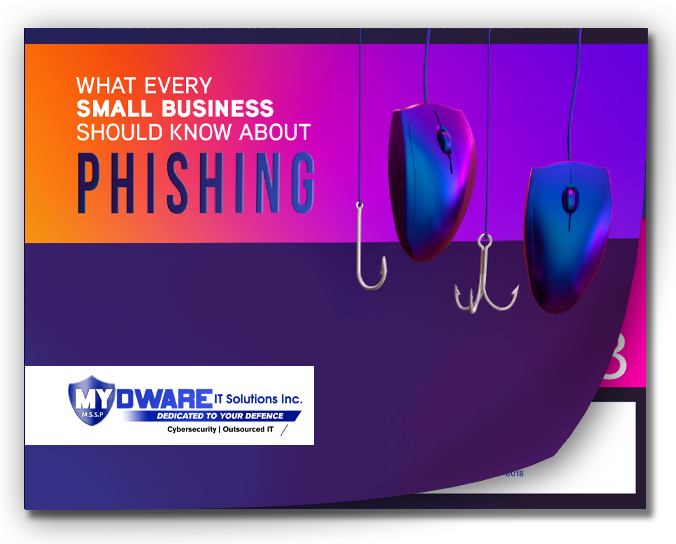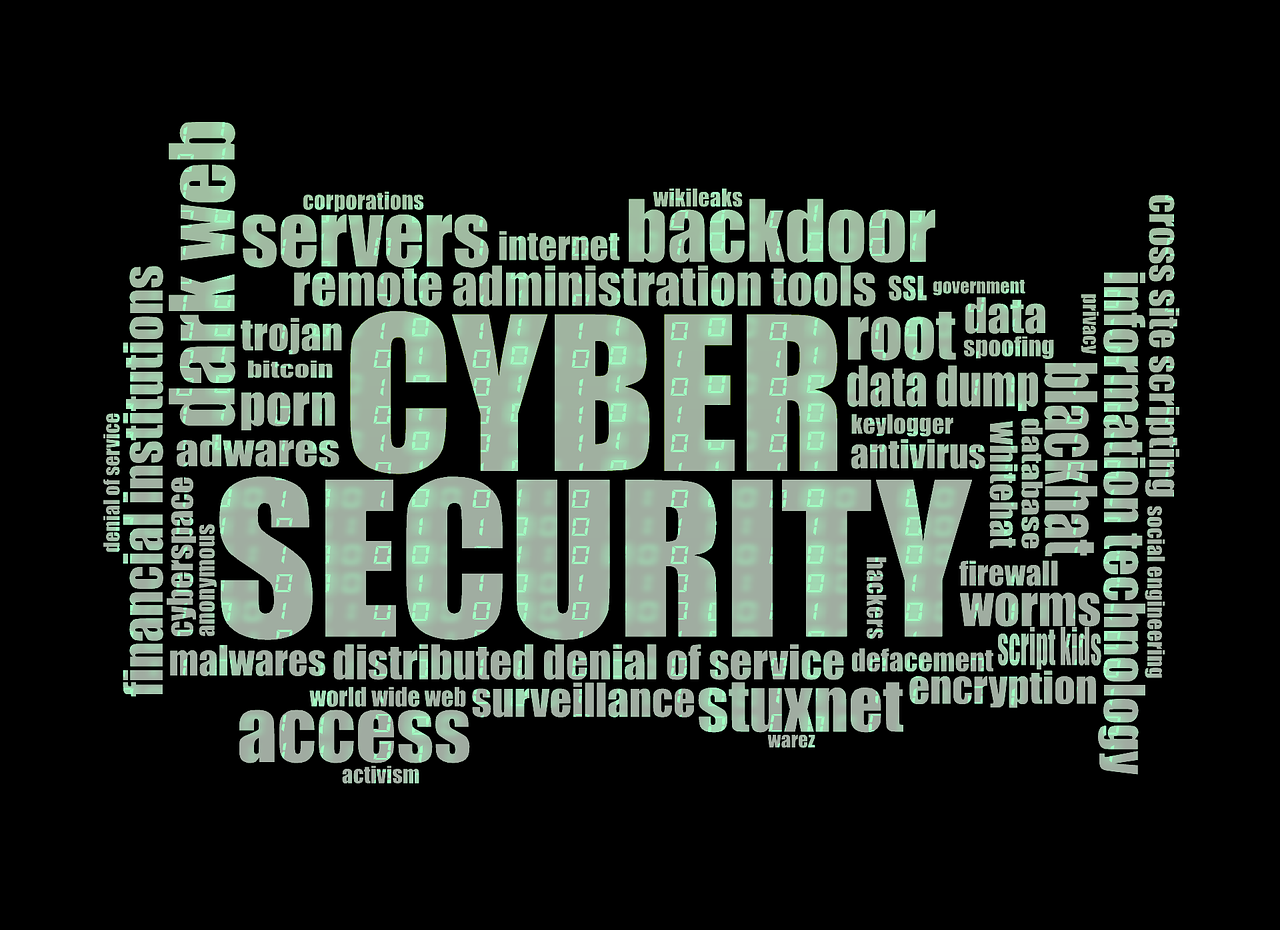 Business e-mail compromise (BEC) is one of the fastest-growing cyber threats today. These highly targeted scams use social engineering and AI-driven impersonation to steal money and sensitive data.
Business e-mail compromise (BEC) is one of the fastest-growing cyber threats today. These highly targeted scams use social engineering and AI-driven impersonation to steal money and sensitive data.
The first step to protecting your business is identifying vulnerabilities before attackers do. Start with a FREE cybersecurity risk assessment to uncover security gaps.
Why BEC Scams Are More Dangerous Than Ever
Cybercriminals no longer rely on poorly written phishing e-mails. With AI-powered scams, attackers can mimic real executives, vendors, and financial partners with alarming accuracy.
1. The Financial Impact Is Devastating
BEC scams are among the costliest cybercrimes. The average loss per attack exceeds $137,000, and most victims never recover stolen funds.
2. Businesses Face Operational Disruptions
When funds are stolen or accounts are compromised, operations can grind to a halt, leading to audits, downtime, and lost productivity.
3. Reputation and Trust Take a Hit
Clients and partners lose confidence when their data is exposed. BEC attacks can damage relationships and cost businesses future deals.
4 Types of BEC Scams Business Owners Must Watch For
BEC scams take different forms, but they all have one goal: to trick you into sending money or sharing sensitive information.
1. Fake Invoice Scams
Attackers impersonate vendors and send fraudulent invoices that look legitimate. Many businesses unknowingly pay these fake invoices before realizing the scam.
2. CEO Fraud
Hackers pose as company executives and send urgent e-mails demanding wire transfers. Employees, fearing consequences, comply without verifying the request.
3. Compromised E-mail Accounts
Cybercriminals hack into real business accounts and send fraudulent payment instructions. Since the e-mails come from trusted sources, victims rarely question them.
4. Vendor Impersonation Attacks
Scammers spoof trusted vendors to request changes to payment details. Businesses send money to fraudulent accounts, believing the request is legitimate.
How Business Owners Can Prevent BEC Scams
BEC scams rely on deception, but you can defend your business with the right security strategies.
1. Train Employees to Spot Fraud
Educate staff on identifying phishing attempts, especially those marked as urgent. Teach them to verify payment requests through a second channel before taking action.
2. Implement Multifactor Authentication (MFA)
MFA is one of the most effective security measures against cyberattacks. Even if a hacker steals a password, MFA adds an extra layer of security.
3. Verify Payment Requests Through a Separate Channel
Never approve a wire transfer based on an e-mail request alone. Call or meet in person to confirm legitimacy before transferring funds.
4. Secure E-mail Accounts and Backups
Use advanced e-mail filters to detect and block malicious messages. Regularly audit account access, and immediately revoke permissions for former employees.
5. Work With a Trusted IT Provider
A proactive co-managed IT provider can monitor your systems, detect anomalies, and respond to threats before they escalate.
Cybercriminals Won’t Stop—But You Can Stay Ahead
BEC scams are becoming more sophisticated, but with the right training and security measures, your business can avoid costly mistakes.
At MYDWARE IT Solutions Inc., we help businesses in GTA & Simcoe County prevent cyber threats before they happen. Contact us today to assess your security and strengthen your defenses.
Darryl Cresswell
CEO & President
MYDWARE IT Solutions Inc.




